On Monday, Chinese archaeologists discovered a Ming Dynasty (1368-1644) copper coin and firearm components during an archaeological excavation at the Jiankou section of the Great Wall, one of the most dangerous parts of the Great Wall, in Beijing.
"This is the first time that we have found a Ming Dynasty coin since the beginning of our Great Wall archaeological project in 2018," said Shang Heng, the project's lead archaeologist from the Beijing Archaeological Research Institute.
The discoveries were made during the fifth phase of the Jiankou Great Wall preservation project, which has been lunched in 2023 and covers six defense towers ranging from Huairou117 to Huairou122. The walls between the towers span a total of 915 meters.
The copper coin, found in the ashy soil of Tower 120, bears the inscription "Wanli Tongbao," which allows archaeologists to confirm that the tower was constructed during 1573-1620 when Emperor Wanli was in power, according to Shang.
However, the reason why the coin appeared in that specific place remains a mystery. "Typically, soldiers stationed on the Great Wall did not use money, and their wages were distributed in the fortresses at the bottom of the mountains. It's possible that a soldier accidentally dropped this coin, which was found by us hundreds of years later," Shang speculated.
In addition to the coin, other artifacts such as suspected gunpowder-loading tools, fragments of a falconet, water jar pieces, and blue-and-white porcelain shards, have been found during the work at the Tower 120.
"This watchtower collapsed all at once, and the collapse happened quite early. That means there has been relatively little disturbance since then. Inside the collapsed structure, we might discover more artifacts or relics left by ancient people," Shang noted.
Previous finds in the Great Wall archaeological efforts included ancient cannons, stone grenades, falconets, and arrowheads, as well as carbonized grains like rice and millet, archaeologists said.
"These discoveries indicate that the soldiers stationed at the Great Wall led very tough lives," Shang remarked. "They treated the watchtowers as their temporary homes, where they would make fires, cook and stand guard. Of course, they did not stay there year-round; they took turns, as they also had families to take care of."
According to Shang, in ancient times, the management of the border walls was organized by castle areas, with garrison troops from the castles taking turns to guard the walls, similar to modern border outposts.












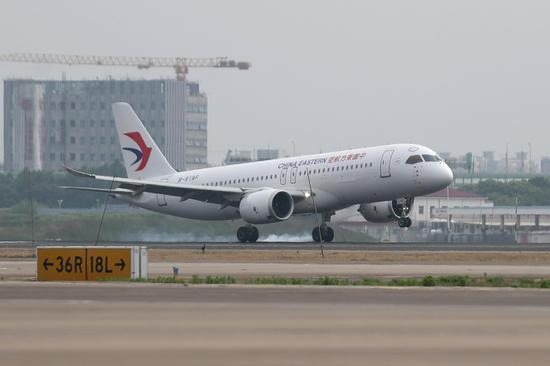






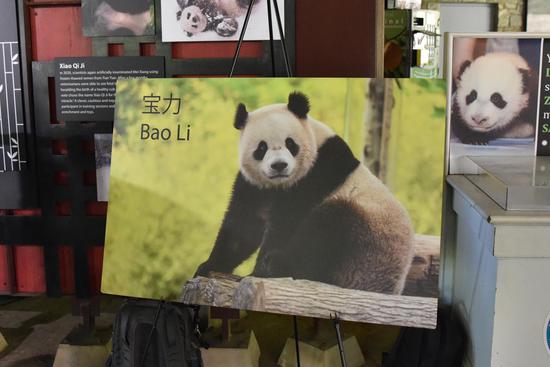


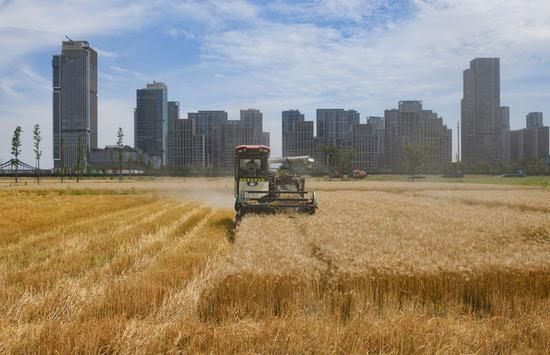




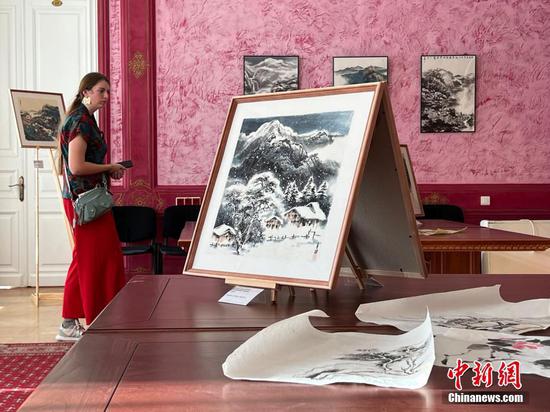


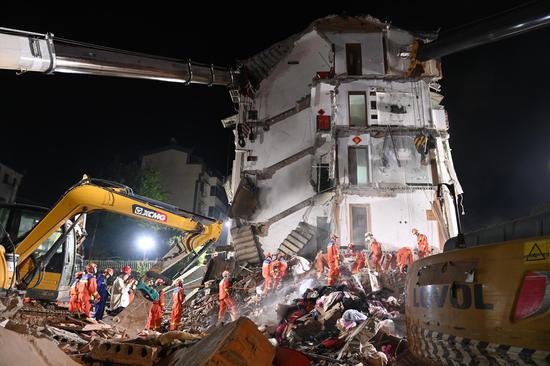
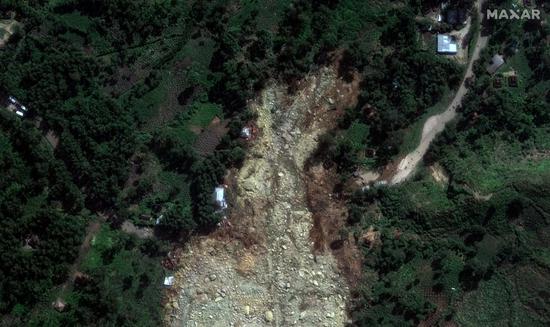






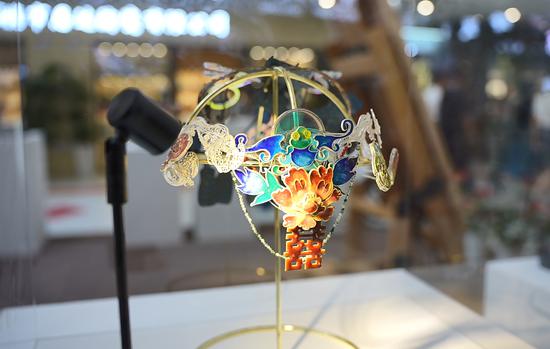
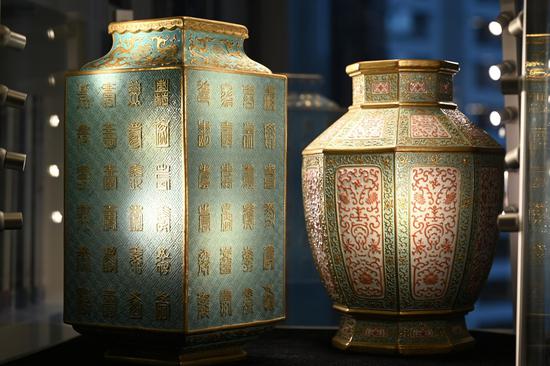


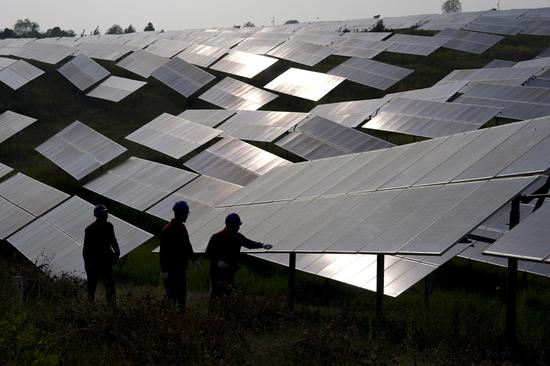

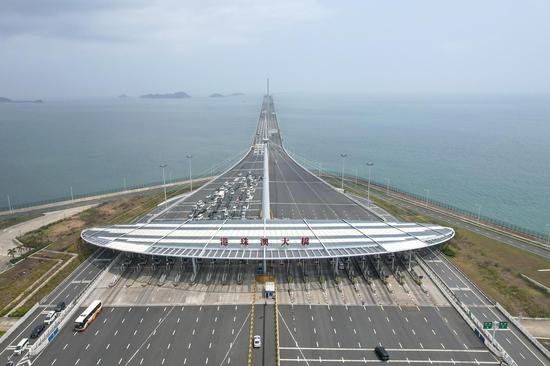





 京公网安备 11010202009201号
京公网安备 11010202009201号
